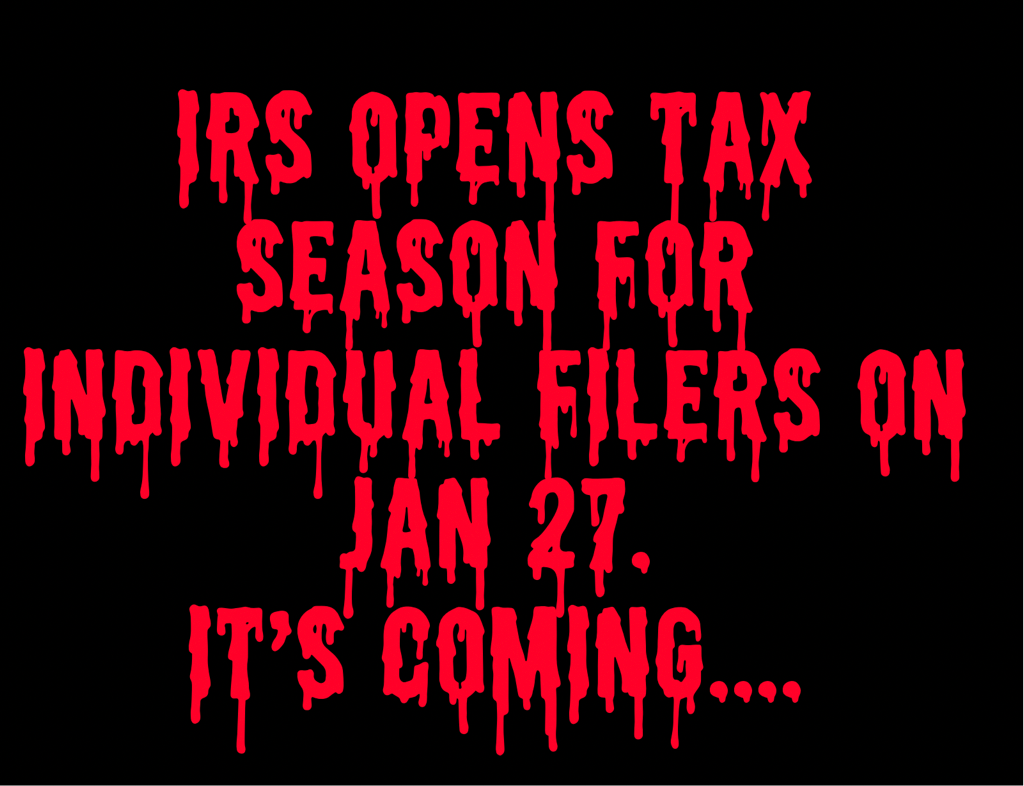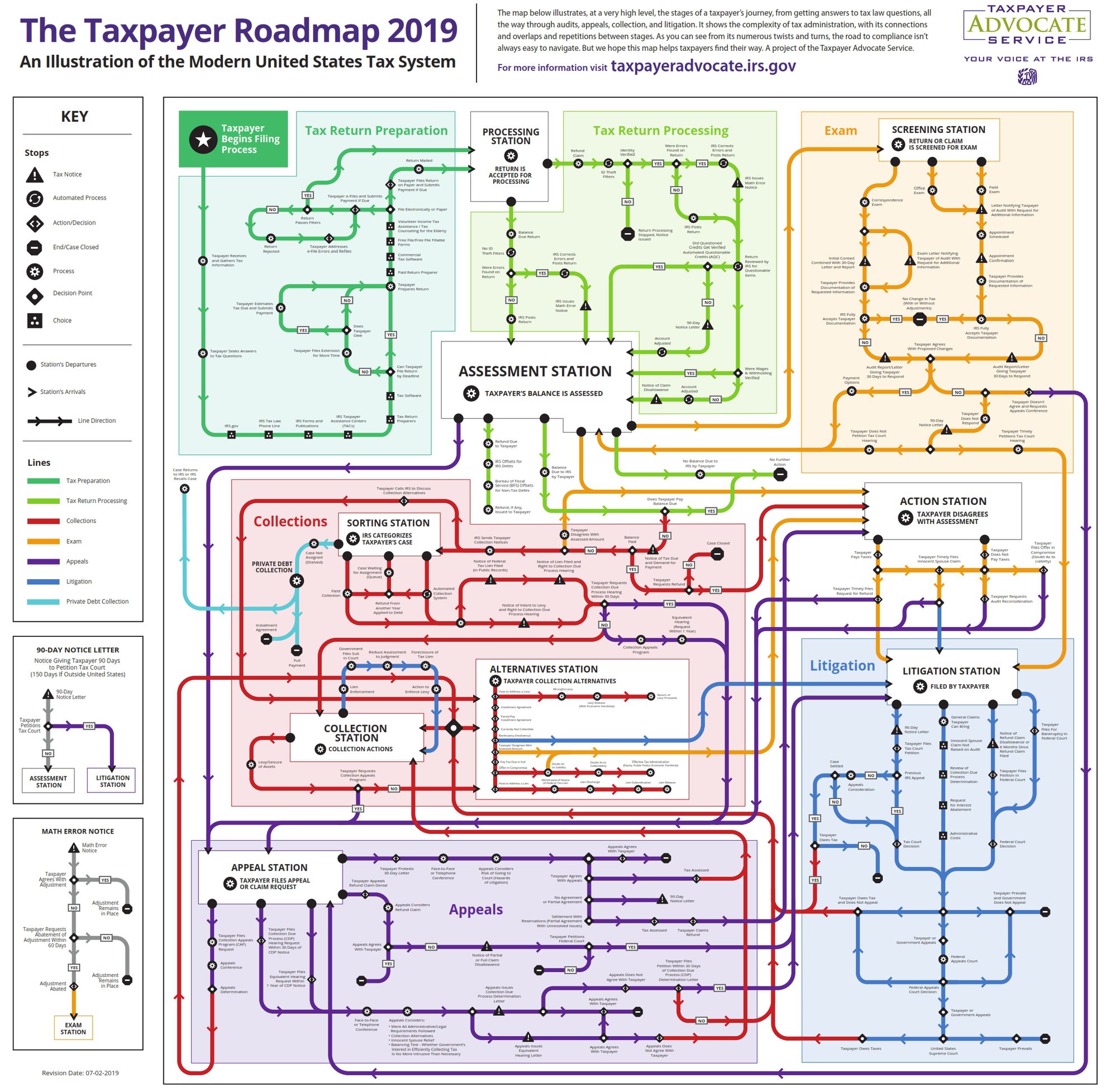This is me, showing you how to hold onto some of your money (or to mitigate the tax consequences of using it)…
Required Minimum Distributions (RMDs)
Recent legislation has suspended RMDs for 2020. If you haven’t already taken your RMD for 2020, you don’t have to. This includes RMDs from inherited IRAs.
You know what else got suspended? RMDs that were required by April 1, 2020 because the taxpayer turned 70.5 in 2019. Yep, so if you had to take your very first RMD in 2019, you actually had until April 1, 2020 to take it and now you don’t have to take it at all. Great if you happened to forget about it!
And remember, if you are turning 70.5 in 2020 your RMD age was increased to 72 (by the SECURE Act) so you don’t have a “first” RMD requirement this year. You take your first RMD by April 1 the year you turn 72.
But, Amber, what if I did take my RMD? Well, there might be some relief for you too. You have 60 days to roll that money back into your account or into an IRA (but you are only allowed one of these rollovers in a 12-month period, so be careful if you’ve done one recently). There’s a lot of fine print on this so it’s best to talk with either your investment adviser or an investment adviser you can trust. I happen to know one. Feel free to use the form on the home page or send me an e-mail if you would like his contact details. He can answer your questions, help you determine if you are eligible for the 60-day rollover, and can help you set up an IRA if you are allowed to put your funds back but maybe want a new account instead of, say, your employer’s 401(k).
Speaking of IRAs…
The deadline for making deductible contributions to your IRA has been extended to July 15, 2020 to coincide with the extended filing deadline. So if you haven’t filed your return yet you can still tweak your contribution (maybe contribute your Economic Impact Payment if you are sure you won’t need it). If you’ve already filed your return I expect you can still make an additional payment through July 15 and simply amend your return to reap the additional tax benefits. Please bear in mind that I have no official guidance on this specifically related to the CARES Act. It just seems logical that you would be able to amend your return to take advantage of the later contribution deadline. Remember, however, that amended returns must be filed on paper and if you use a paid preparer you will be charged for the work. You may even be charged more than you would save in taxes. It’s important to do the math. And it’s really important not to ask your #taxpro to do the math for you right now. I recommend waiting until at least mid-May to give us a chance to get through the returns on our desks (most of us are still working like the deadline wasn’t extended) and until some of this small business loan business has settled down (more on that in a future post).
I Need Money Now!
The CARES Act also provides some help if you need to take money out of your IRA or 401(k).
You can take out up to $100,000 from your IRA penalty free. Not tax free! But not subject to the 10% penalty for early withdrawal if you are under age 59.5. You can also include this income in three equal parts over three years instead of all in tax year 2020. That can help you use your money and stay in a lower tax bracket! And, in an unprecedented move, you also have three years to put some or all of that money back should your circumstances change.
If you are allowed to take a loan from your 401(k) the amount has been increased to a maximum of $100,000 (from $50,000). The due date for repayment has also been delayed for one year.
Please note that these must be “COVID-19 Related” distributions or loans. It is important to consult your IRA trustee/custodian (for an IRA distribution) or your company’s plan administrator and/or plan custodian (for 401(k) loans and distributions) to ensure that you meet the criteria for the distribution and to ensure you understand all of the requirements (the fine print). They can’t give advice on the tax consequences (how much to withhold, etc.) but they can tell you if you qualify for the COVID-19 distribution based on your specific circumstances and give other information related to your specific investments or plan. Finally, considering the state of the stock market right now, it may be best to avoid selling stocks that are in your retirement accounts right now. I mean, you want to buy low, sell high, not the other way around. So if you can avoid cashing out, it is probably best do try to ride this chaos out without selling low.
#fullambo out
OK. That may be understatement. I have never had to learn this much tax law on the fly and during the height of tax season. A tax season that, at least in my office, started woefully late. Many clients didn’t make getting their documents into the office a priority until “the virus issue” had already started. So—early March instead of mid- to late February. But my troubles are fixable. I and the taxpayers who count on me to file their returns have been granted more time. You know who hasn’t been granted more time? The IRS.
For all the piles of new information I am having to read, absorb, and analyze (and I have some of the best instructors in the country helping me with that, BTW), the IRS is having to read, absorb, analyze and implement. So are your state taxing authorities and unemployment departments. For some insight into what the IRS is experiencing, I’m going to recommend this article (it’s Part 1 of 2). I saw a post today from one of my favorite instructors (I call him Tax Yoda). He typically gives a ton of free time and help to other #taxpros during season answering complex questions and pointing people to where they should start their research. He was asking those #taxpros to ease up a bit. He’s trying to work on his clients’ returns, help create new classes based on the new law, answer calls and e-mails from clients about the new law and is still trying to help other tax professionals. But apparently he’s not doing that fast enough to suit some people. I’ve seen pleas on Twitter from NM Tax & Revenue and the NM Department of Workforce solutions that people please stop calling and e-mailing. They are working as fast as they can with extremely limited resources (people are working from home!) to implement the relief measures being passed by state and municipal governments. They need time and space to develop their forms and processes. They need some breathing time.
If you are a client of mine reading this I want to thank you from the bottom of my hard drive for your patience and for your silence. A manageable number of you have called or e-mailed with questions, but most of you are reading the Constant Contact updates and simply waiting for me to provide new information. I am so grateful. All of us are struggling right now and we are all in this together. Your kindness and patience are not going unnoticed. If you are not a client or if you are talking to other people who are talking about calling their #taxpro or the IRS or a state taxing authority, please encourage them to wait. Information will be provided as soon as it is available. Help is on the way but we all need to get out of the way of the people trying to provide it. So for now, hang on, hang in, and hang up.
#fullambo out.
I’m at work again. Getting a lot done. And legally. The latest update from the NM Department of Health lists “professional services” that “assist in legally mandated activities” (like preparing tax returns) as essential. That’s good. I don’t have to feel like such an unrepentant scofflaw. Why unrepentant? Because church services are still not considered “mass gatherings” for the purposes of the notice. Hypocrisy much??? That is, well, frustrating is probably an understatement. Rage inducing is closer. Nevertheless, I am still attempting to do what I can to comply with the stay-at-home mandate, essential or not. Cat is still staying home. That means no help. That means moving much more slowly through the piles of returns. I’m also still committed to some full stay-at-home days instead of working six or seven days a week in the office. I’m prioritizing returns based on clients with specific issues (such as those living in states who haven’t extended their deadlines—although that list is shrinking rapidly) and those who I know really need their refund money. I’m also prioritizing based on what my stressed-out attention span can handle. The last thing I want is to make mistakes because I’m freaked out and not operating at full brainpower.
My clients have been pretty wonderful about all of this. I’m getting plenty of encouraging messages and clients who are, shall we say, a bit tech challenged deciding that they can give this whole remote appointment thing a try. So, for now, I just keep swimming.
I recently read that 95% of small businesses fail within the first 5 years due to either bad management, under capitalization, or some combination of the two. Tax issues for small business owners have the same roots. Bad record keeping is often a sign of bad management. Mileage is one of the most highly scrutinized and most common areas on which small businesses are examined (audited). If you are a small business owner who isn’t keeping good mileage records you may be leaving money on the table. Worse, if you are audited, legitimate business mileage expenses may be disallowed because of your failure to keep adequate records.
The Self Help tab of the Tax Therapy website (Get Organized and Get Answers) offers additional resources to help you track and substantiate your business mileage. In a nutshell, your business mileage log should be contemporaneous (done at about the same time or shortly after you make the drive) and should show the date of the trip, the business purpose of the trip, and the miles driven. It is really common for people to not record the business purpose of the trip on the mileage log. It’s a lot easier to do this when you record the miles than it is to try to re-build that from an appointment calendar!
Finally, a great way to record your starting and ending odometer readings for your annual mileage total is to take a picture of your odometer with your phone on January 1 and again on December 31. If you haven’t taken a picture of your odometer this year, it’s not too late. It won’t be perfect, but it will be close and it will help you get into a really good habit! I hope that one of your New Year’s Resolutions, if you are a small business owner, is to improve your record keeping! It’s easy to do once you make a habit of it. And it’s one of the simplest ways to make sure your start up stays up!
I mentioned in the last post and the one before that that during tax season we require a non-refundable deposit at the time of your intake appointment. Some of you may be wondering why we do that. The short answer is that one tax season I got burned by several “clients.” They came in during season to have their taxes prepared and when they didn’t like the results or didn’t like the amount of follow up and due diligence I was doing they decided to go elsewhere. This was after I had already done a lot of work on their returns. So 1) I was not paid for my time and 2) I was not able to take on clients who really did want to work with me. Lesson learned.
“Onboarding” makes the process sound super complicated, but it really isn’t. All paid preparers have to do a certain amount of due diligence for each tax client. At a minimum we have to check your ID to ensure you are who you say you are and collect the information necessary to prepare your tax returns. At a new client intake appointment (what happens when you get onboarded during tax season) we do the following:
- ID Check for taxpayers and dependents
- Engagement Letter & Privacy Policy Signed
- Notice Assurance Program Opt In or Out
- Client Interview & Question/Answer Session
- Basic Review of Prior Year Returns
- Collect your W2s, 1099s, and other information needed to prepare your return
- Send you home with a list of missing items and information
During the off season I am happy to meet with potential clients and do an ID check, return review, and basic client interview for free. I am happy to spend some time discussing your needs and expectations.. We then send you a reminder at the beginning of tax season to request an organizer. In the meantime, if you have found someone else or have decided to do your own taxes and don’t call for the organizer, it’s not really a problem. We are sorry we didn’t earn your business, but we understand.
During tax season we are less understanding. The preliminary work required to bring in a new client takes 30 minutes to an hour (sometimes more if the tax situation involves a business or complex investments). During tax season our work time is limited and much more valuable (it’s like surge pricing for Uber). So, if we are going to spend the time getting to know you and your situation we want to make sure that you are serious enough about having us prepare your tax returns that you get all the way through the e-filing process and that if you don’t we still get paid for the time spent processing your return.
I’ve said it before but it bears repeating. Tax Therapy is a small business and this is how I earn my living. I appreciate the opportunity to show you just how valuable a good #taxpro can be but to make my business work, I have to stick to the processes and policies that work for me. Right now we are still accepting new clients with a non-refundable deposit. If you are still looking for a #taxpro and would like to schedule an intake appointment please get in touch!
Still shopping for a #taxpro? Give #TaxTherapy a call!
Are you thinking of going from doing it yourself with box software to hiring someone to help you? Did your preparer from last year retire? Get indicted? Die? Hey! It happens!
Right now we are still taking appointments for potential clients who are evaluating their options. We will be doing this for a few more weeks.
It’s kind of a moving target, but once tax season really gets going (usually shortly after e-filing for individuals opens) we can’t provide appointments for people who are not sure about having us do their tax returns. We will still take new clients (but we have a flexible deadline for that as well) but we will require a non-refundable deposit to schedule an intake appointment and before we start processing your returns.
I know it seems really early but at Tax Therapy the needs of our existing clients are always given top priority. We are a small office (it’s just me and Cat) and we want to make sure that we can do a great (thorough and accurate) job on all of the returns we have in process and expect to have come in during tax season. By the time March 10th rolls around I’m already looking toward moving returns out of the office, rather than bringing them in. And by March 20th or so I’m already making plans for summer notice clinics, extension season, and next filing season!
I answered a few calls last year from people who seemed to really want me to do their taxes but needed to get in right now. That’s just not how this office (and many other small offices work). When I suggested to one such caller that they visit one of the many large franchises in the immediate area, they didn’t want to do that. Unfortunately, if you wait until late March to try to find someone to “do your taxes” that may be your only option. And it isn’t a bad option! Large tax franchises are set up and staffed to meet the immediate needs of most new clients. Most small tax practices are not. So evaluate your needs and if you want to #shoplocal and #shopsmall then you need to shop now!
Are you ready?! We are. Reminder postcards for returning clients and new clients who onboarded over the summer and fall will be mailed tomorrow. On Monday, Cat will be here to start answering calls and e-mails and getting organizers delivered. The organizer contains our annual engagement letter, a copy of our privacy policy, and an interview and other supplemental forms to help you remember and collect all of the information we need to do your tax returns!
If you are reading this and are still looking for a #taxpro, I am still taking “shopping” appointments. Once tax season really gets going though I don’t have the availability to meet with anyone except new and returning clients. If you’re sure here is where you want to be then I’m happy to bring you in as a new client during tax season but I do require a non-refundable deposit to do your onboarding and accept your information for processing. If you aren’t sure or have any questions feel free to call or e-mail the office. We are happy to help.
The IRS is opening e-filing for business returns soon and e-filing for individual returns will open a couple of weeks after that. Here at Tax Therapy we are about ready to open our season for new and existing clients. Existing clients will receive a reminder postcard and e-mail letting them know that they can call to request their annual tax organizer (engagement documents & client interview). New clients can call to get an organizer and set up a new client intake appointment. Please note that new clients coming in during tax season (as opposed to during the summer and fall) must pay a non-refundable deposit equal to the base price of a federal Form 1040 before we will accept their return for processing.
And it’s a doozy! Every year Kelly Phillips Erb (a.k.a. The Tax Girl) posts a list on Forbes.com of the Top 100 Must-Follow Tax Twitter Accounts. For 2020, I’m on it! Mostly this list is for tax professionals (nerds) rather than taxpayers but it is an honor to be included and as you can see, I’m really excited!
I’m also excited that tax season is basically here. I am still accepting new clients. Cat will be ready to send out preliminary paperwork starting the week of January 13th. I will start processing paperwork the following week. That is also the week I expect that the IRS will open e-filing for the 2020 tax season. So if you are looking for a #taxpro, please get in touch.





